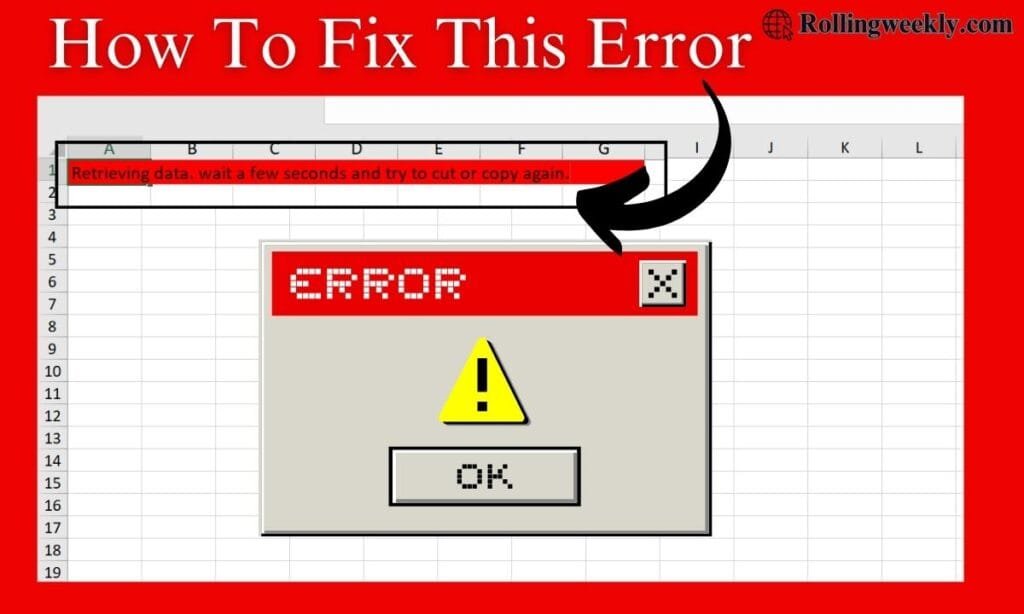Preparing for the UPSC Mains is an intense journey, and one of the most significant aspects that can make a difference in your preparation is receiving detailed feedback on your answer writing. This feedback not only helps you refine your writing skills but also guides you in understanding the nuances of what the exam demands. Let’s explore how detailed feedback can profoundly impact your UPSC Mains preparation.
1. Identifying Knowledge Gaps
Detailed feedback allows you to see where you may have missed key points or misunderstood certain concepts. Often, when preparing for UPSC, aspirants focus on covering the syllabus without realizing that they might have overlooked crucial aspects of a topic. An evaluator can pinpoint these gaps in your answers, helping you revisit the material and ensure you have a comprehensive understanding. For example, if your answer on Indian Polity misses a significant constitutional provision, this gap will be highlighted in the feedback, allowing you to correct it before the actual exam.
2. Improving Answer Structure
How you structure your answers in the UPSC Mains can significantly affect your score. Even with the right content, a poorly organized answer can make it difficult for the examiner to follow your logic, leading to lower marks. Detailed feedback provides suggestions on structuring your answers more effectively, such as starting with a brief introduction, using bullet points for clarity, and concluding with a balanced perspective. This structured approach not only enhances readability but also demonstrates your ability to present complex information in an organized manner.
3. Enhancing Analytical Skills
The UPSC Mains exam isn’t just about recalling facts—it’s about analyzing and interpreting information critically. Detailed feedback plays a crucial role in developing these analytical skills. Evaluators often highlight areas where your analysis may be too simplistic or where you could delve deeper into the subject matter. For instance, if you’re discussing an economic policy, feedback might suggest exploring its long-term impacts or comparing it with similar policies globally. This encourages you to think critically and present a more in-depth analysis, which is essential for scoring well in the Mains.
4. Time Management
One of the biggest challenges in the UPSC Mains is managing your time effectively. With limited time to answer a large number of questions, practicing under timed conditions becomes crucial. Detailed feedback not only helps you with content but also provides insights into how you can better manage your time. For example, feedback might indicate that you’re spending too much time on one section at the expense of others. This allows you to adjust your approach, ensuring that you can complete all questions within the allotted time.
5. Building Confidence
Receiving detailed feedback can significantly boost your confidence. When you know exactly where you stand and what areas need improvement, you can focus your efforts more effectively. This clarity reduces anxiety and builds your confidence as you approach the exam. Moreover, when you start seeing improvements based on the feedback, it reinforces your belief in your preparation strategy.
6. Personalized Guidance
One of the most valuable aspects of detailed feedback is the personalized guidance it offers. Unlike generic tips or advice, feedback on your specific answers provides tailored suggestions that are directly applicable to you. This personalized guidance is invaluable in a competitive exam like the UPSC Mains, where even small improvements can make a big difference.
7. Learning from Mistakes
Mistakes are a natural part of the learning process, but what’s important is learning from them. Detailed feedback helps you understand your mistakes and, more importantly, how to avoid them in the future. Whether it’s a factual error, a misinterpretation of the question, or a lapse in analysis, feedback helps you recognize these issues and address them before the actual exam.
8. Continuous Improvement
The journey of UPSC Mains preparation is one of continuous improvement. Detailed feedback provides a roadmap for this improvement, showing you exactly where you need to focus your efforts. As you incorporate this feedback into your study routine, you gradually enhance your knowledge, writing skills, and analytical abilities, all of which are critical for success in the exam.
Conclusion
In conclusion, detailed feedback is an indispensable tool in your UPSC Mains preparation. It helps you identify and address knowledge gaps, improve the structure and content of your answers, enhance your analytical skills, and manage your time more effectively. By enrolling in a UPSC Mains Evaluation program, you can receive the detailed, personalized feedback necessary to refine your preparation and maximize your chances of success. With this targeted approach, you’ll be better equipped to tackle the challenges of the UPSC Mains exam and move closer to achieving your goal of becoming a civil servant.



